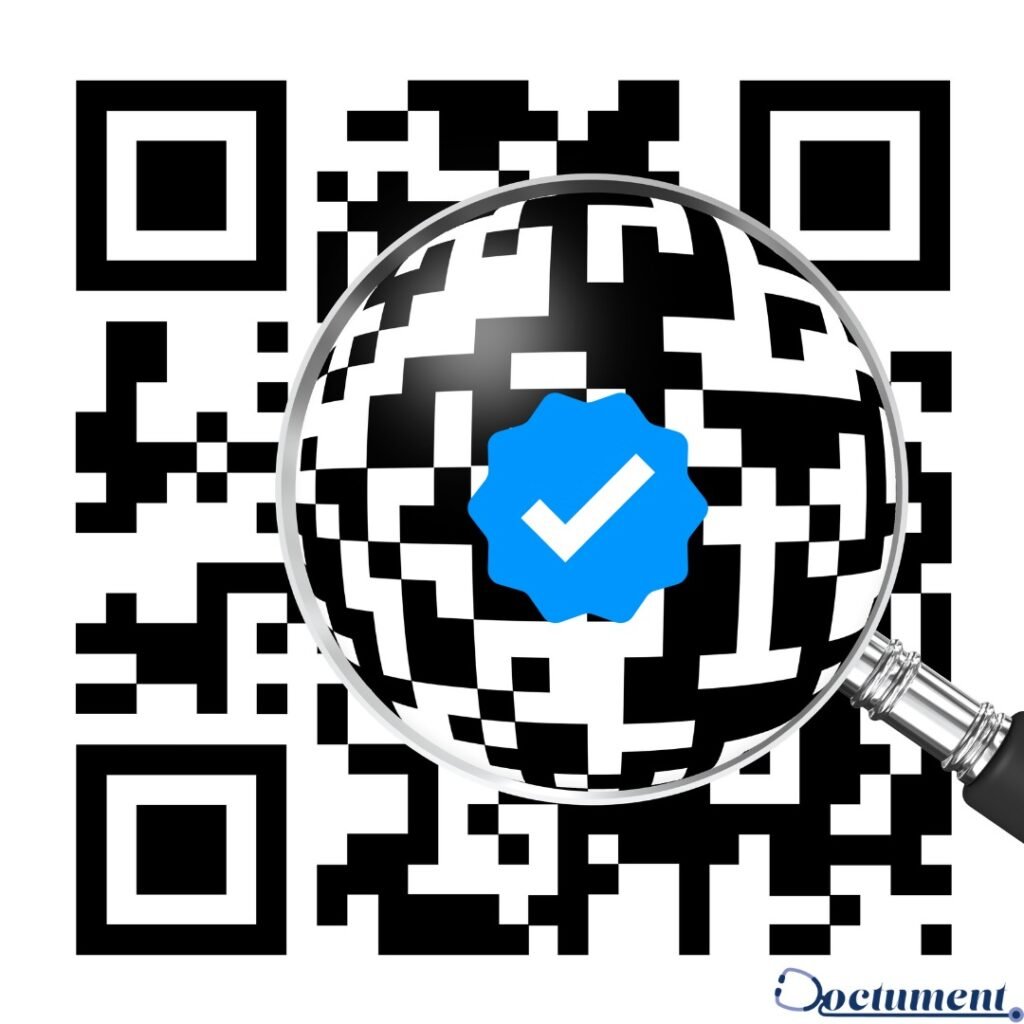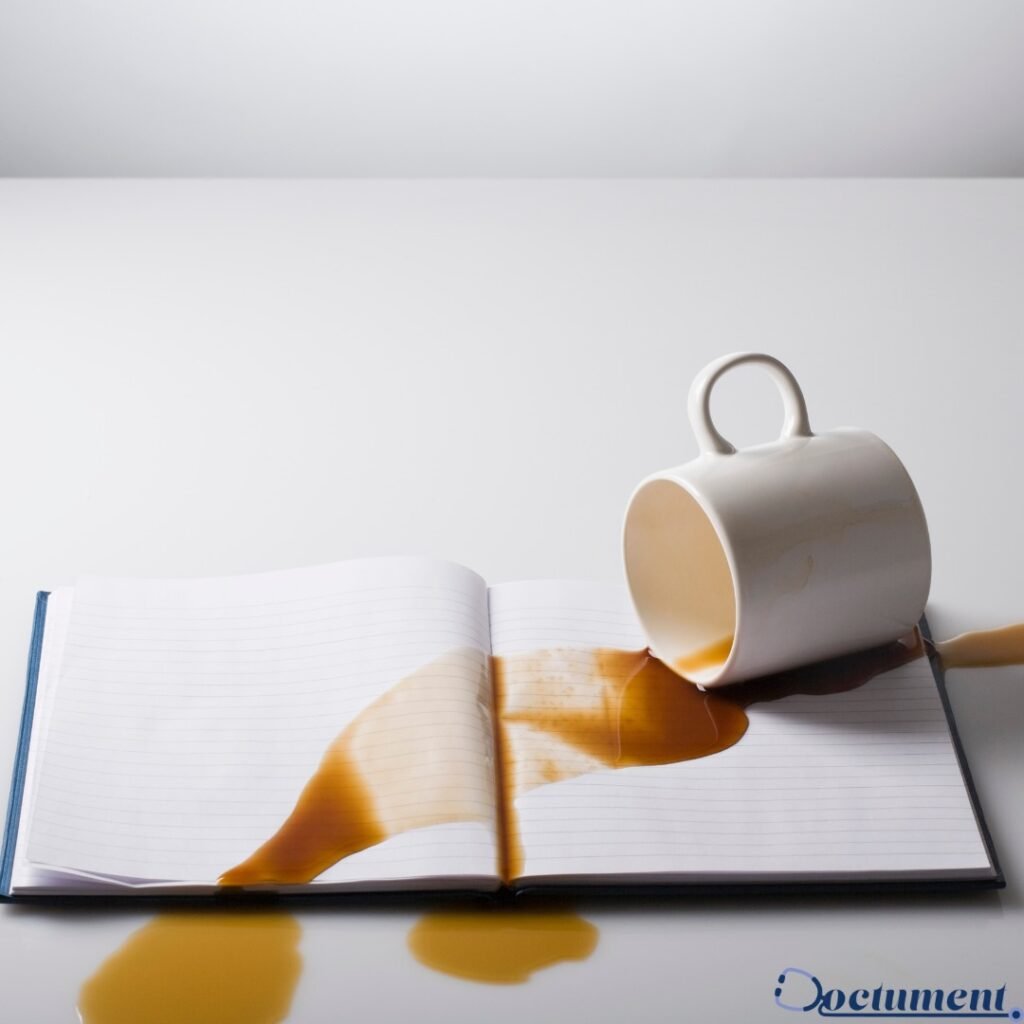As a doctor with NHS experience, I’ve seen firsthand how crucial it is to get a proof of disability letter right. Whether it’s for work accommodations, insurance claims, or travel purposes, this document can be a lifeline for many.
However, mistakes during the request process can lead to delays, denials, or even added stress. In this article, I’ll highlight the top mistakes to avoid and how to ensure your letter meets the necessary standards.
Unclear Information
One of the most common pitfalls is not clearly communicating your needs to your doctor. If your doctor doesn’t fully understand the purpose of your request, the resulting letter may lack the necessary details or emphasize irrelevant information.
For example, if the letter is intended for an employer, it should detail how your disability affects your ability to perform specific job tasks.
On the other hand, a letter for a government benefit application may need to focus on daily living challenges. Always provide context and, if possible, examples of what the letter should include.
Incorrect information on the request
Errors such as incorrect dates, misspelled names, or vague descriptions of your condition can delay the process when writing you a disability letter. These mistakes often arise due to rushed preparation or incomplete medical records.
To avoid these issues:
- Review your request carefully before submission.
- Ensure that your doctor has access to the relevant medical history.
- Double-check all personal and medical details for accuracy.

How to Ensure All Necessary Details Are Included
A good proof of disability letter from a doctor should be both comprehensive and concise. Missing details can lead to the rejection of your application or delay in processing.
Key elements to include are:
- A clear statement of your diagnosis.
- Specific ways the disability affects your daily life or work.
- Any accommodations or supports recommended by any other doctors or healthcare professionals you might have seen in the past
Unclear Purpose of the Letter
Before requesting the letter, clarify its purpose. Inform your doctor of the audience—whether it’s an employer, insurance provider, or government agency—so they can tailor the content accordingly.
For example, a letter aimed at securing workplace accommodations would mostly emphasise functional limitations relevant to job performance.
Relying on Non-Qualified Professionals for Documentation
Some individuals turn to non-medical professionals or outdated templates to draft their proof of disability letters. Unfortunately, this can lead to invalid or unpersuasive documentation.
Always ensure the letter is written or reviewed by a qualified doctor familiar with your medical history. This guarantees the document is credible and meets professional standards.
Our service provides letters reviewed by GMC-registered doctors with NHS experience to ensure accuracy and compliance. You can order the disability medical letter here.
Why Verification Matters in Proof of Disability Letters
Inaccurate or unverifiable letters can lead to skepticism or outright rejection. Employers, insurers, or officials may require additional proof if they doubt the authenticity of the document.
To enhance credibility:
- We include our doctor’s names and credentials.
- Our service has letter verification via QR code, to save time and ensure legitimacy

Can an Outdated Letter Cause Problems?
Yes. Submitting an outdated letter can raise questions about whether your condition has changed. For instance, a letter dated years or months ago may not reflect your current needs or limitations.
To avoid issues:
- Request a fresh letter for each application or purpose.
- Ensure the letter references recent consultations or updated medical information.
Ensuring Your Letter Meets Official Requirements
Different organizations often have specific requirements for proof of disability letters. For example, government agencies might need detailed medical evidence, while employers may require a focus on workplace accommodations.
Research the requirements for your specific use case and share these with your doctor. Providing clear information can help ensure the letter meets all necessary standards.
How Doctument Health Guarantees Accuracy
At Doctument.com , we specialise in providing accurate and timely proof of disability letters. Our process involves:
- A review of your medical notes and medications by GMC-registered doctors.
- Tailored letters to suit your specific needs, whether for work, travel, or other reasons.
- Letter verification to ensure credibility and acceptance.
For a small fee, you can skip the hassle of arranging GP appointments or facing delays on busy NHS wards. Trust our experienced team to provide the documentation you need when you need it.
Final Thoughts
Avoiding these common mistakes can save you time, stress, and potential setbacks. By communicating clearly, ensuring accuracy, and using credible services, you can secure a proof of disability letter that meets your requirements.
Ready to get started? Click here to request your proof of disability letter from a doctor and experience the convenience and reliability of our service.

